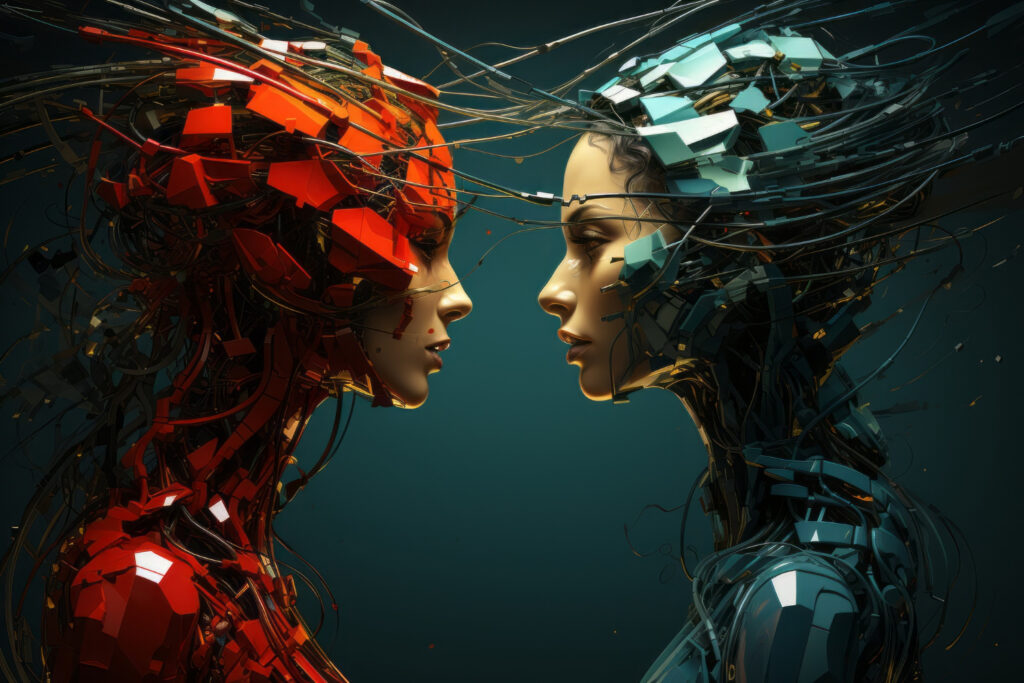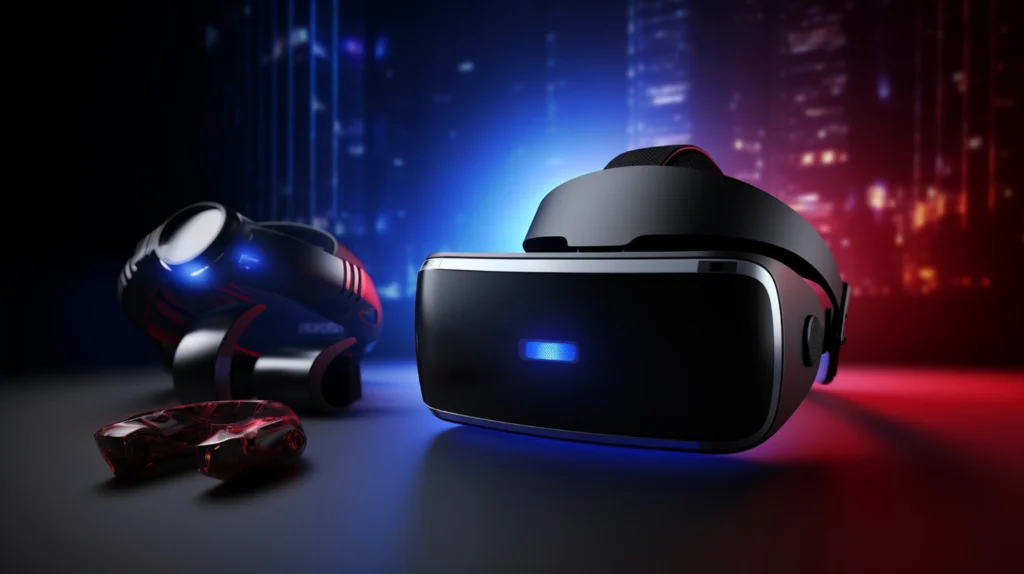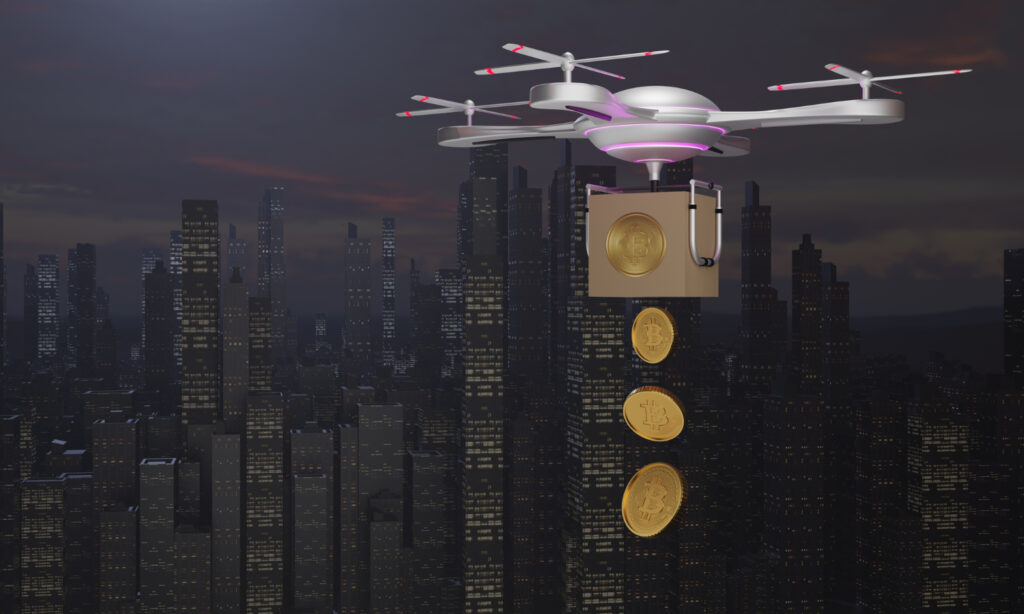From deepfake influencers to AI-generated virtual girlfriends, the concept of digital clones is no longer science fiction—it’s social media’s newest obsession. With tools powered by OpenAI, ElevenLabs, and Synthesia, creating lifelike avatars that speak, act, and even think like you is becoming both accessible and wildly popular.
What Are AI Clones?
An AI clone is a digital replica of your voice, appearance, or personality, trained using machine learning algorithms and vast data inputs. These clones can:
- Speak in your voice using advanced voice synthesis tools.
- Mimic your appearance using face-swap AI and 3D avatar generators.
- Respond to messages or create content using your writing style, powered by large language models like ChatGPT.
The result? A digital version of yourself that can host livestreams, create videos, or even act as your virtual assistant.
Why Is This Trend Exploding in 2025?
There are several reasons this trend is going viral:
- Creator burnout: Influencers are automating content creation by cloning themselves.
- Tech accessibility: Tools like HeyGen, Pika, and D-ID are more user-friendly than ever.
- Viral TikTok trends: Creators are sharing their reactions to meeting their “AI selves” in videos with millions of views.
- Remote interaction: AI clones are being used in business to conduct multilingual presentations, customer service chats, and personalized marketing videos.
Real-Life Examples
- Meta’s AI Celebrities: Meta launched AI personas of celebrities like Snoop Dogg and Tom Brady. Users can interact with them via messaging apps.
- “AI Girlfriends” & Boyfriends: Apps like Replika, Anima, and Eva AI let users chat with romantic partners modeled after ideal personalities or even themselves.
- AI Podcast Hosts: Some YouTubers now create podcast episodes where they debate their own AI clones—resulting in bizarre but entertaining content.
Ethical Questions & Deep Concerns
As with any powerful tech, there are serious issues:
- Consent and deepfake misuse: Cloning someone without their permission is already causing legal and reputational harm.
- Disinformation: AI clones can be weaponized to spread fake news or impersonate public figures.
- Emotional dependency: People forming parasocial relationships with clones (or themselves) raises mental health flags.
Business, Entertainment, and Money
AI clones are disrupting multiple industries:
- Marketing: Brands create AI versions of influencers to produce scalable ad content.
- Entertainment: Dead celebrities are being brought back to life with AI performances (controversially).
- E-commerce: Personalized shopping assistants in your voice can guide customers through purchases.
Startups in this space are getting millions in funding, and even schools are using AI teacher avatars to scale education delivery.
How to Try It Yourself
Want your own digital clone? Here’s how:
- Use ElevenLabs or Play.ht to clone your voice.
- Try D-ID or Synthesia to animate a digital avatar of yourself.
- Plug it into ChatGPT or Character.AI to give it personality and dialogue skills.
- Combine it all with a video editor or AI content platform like Runway or Pika for amazing results.
Final Thoughts
AI clones are the ultimate blend of identity, tech, and entertainment. Whether used for fun, productivity, or even fame, they represent a radical shift in how we see ourselves in the digital world. As with all powerful tools, the key is in how we choose to use them.
Stay with Trendora for more cutting-edge stories from the tech frontier, digital lifestyle, and everything in between.



